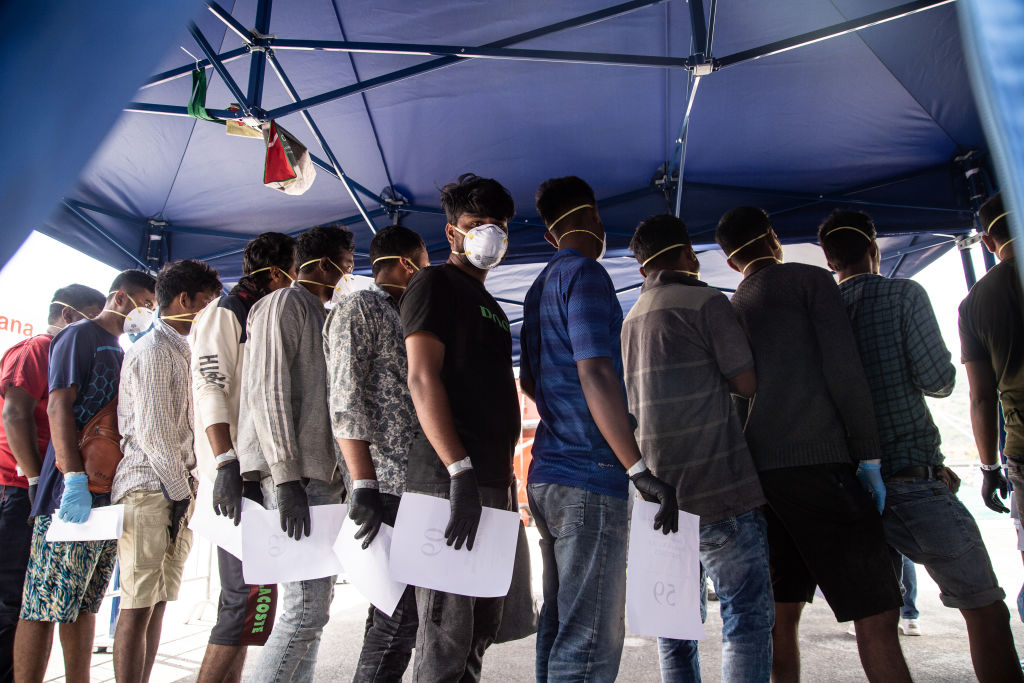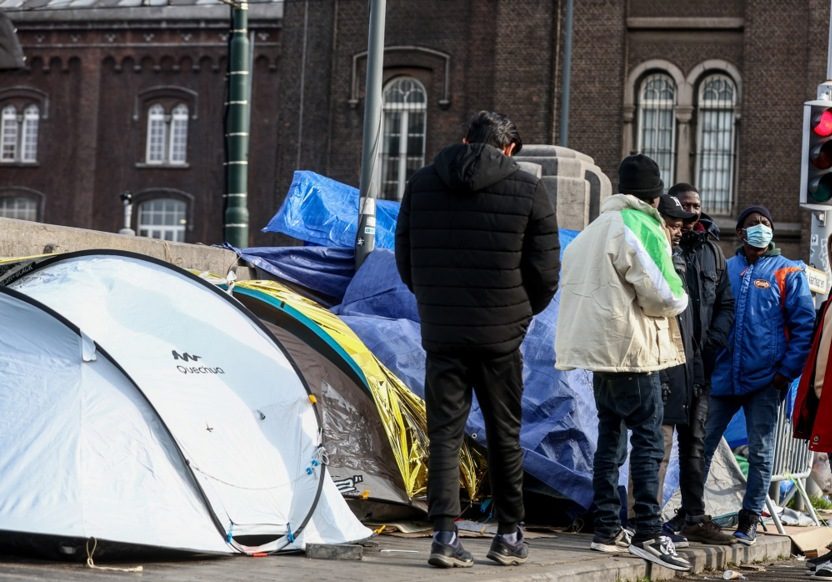The European Union has seen a sharp rise in asylum claims being made in the first half of 2023, with total numbers up by 28 per cent compared to the same period last year.
Statistics published by the EU Agency for Asylum (EUAA) on September 5 found that the bloc has seen more than half a million asylum applications so far this year.
According to the data, most of the applicants came from Syria and Afghanistan, although those from Venezuela, Turkey, Georgia and Bangladesh were also noted as constituting a significant proportion of arrivals.
In the first half of 2023, ?? countries received 519 000 applications for asylum – a 28% increase compared to the first half of 2022.
Click ? to read the EUAA's Latest #AsylumTrends to get insights into nationalities, recognition rates & pending decisions.
— EU Agency for Asylum – EUAA (@EUAsylumAgency) September 5, 2023
The biggest rise was in the number of applicants from the Ivory Coast and Guinea, with the former seeing an increase of above 100 per cent in claims, while there was a 60 per cent rise from the latter.
Also noted by the EUAA was the continued influx of Ukrainians into the bloc, with there now being around four million people allegedly from the country claiming international protection within the EU.
Those figures are not counted as part of the bloc’s asylum claims.
The Belgian State Secretary for Asylum and Migration Nicole De Moor has decided that single male asylum seekers will no longer receive shelter in her country. https://t.co/16Q8fi0HJt
— Brussels Signal (@brusselssignal) August 31, 2023
Making up part of the increase is the number of pending refugee claims in European countries, which has also risen with there now more than 300,000 cases awaiting decisions within the EU.
Many EU Member States are now struggling to handle the influx, with Belgium announcing late in August that it would no longer offer single-male migrants shelter upon arrival on its territory.
“It is not a decision I wanted to take, but I don’t want to be behind the curve,” said Belgian State Secretary for Asylum and Migration Nicole De Moor.
“That is why I am already taking the decision to reserve all available spots for families with children. I absolutely want to avoid children ending up on the streets.”
Ireland has also been forced to refuse accommodation to some would-be refugees, with the government at one stage requesting on Twitter, now X, that migrants do not to try to enter the country.
“The Irish Government asks those who are considering seeking refuge in Ireland and are currently in places of safety not to travel to Ireland at this time and to defer making travel arrangements to come to Ireland,” the department responsible for asylum wrote online, citing a “severe shortage” of housing.
Rioting has erupted in the Swedish city of Malmö after Iraqi migrant Salwan Momika once again publicly torched a copy of the Quran. https://t.co/7J0sElrEMu
— Brussels Signal (@brusselssignal) September 4, 2023





